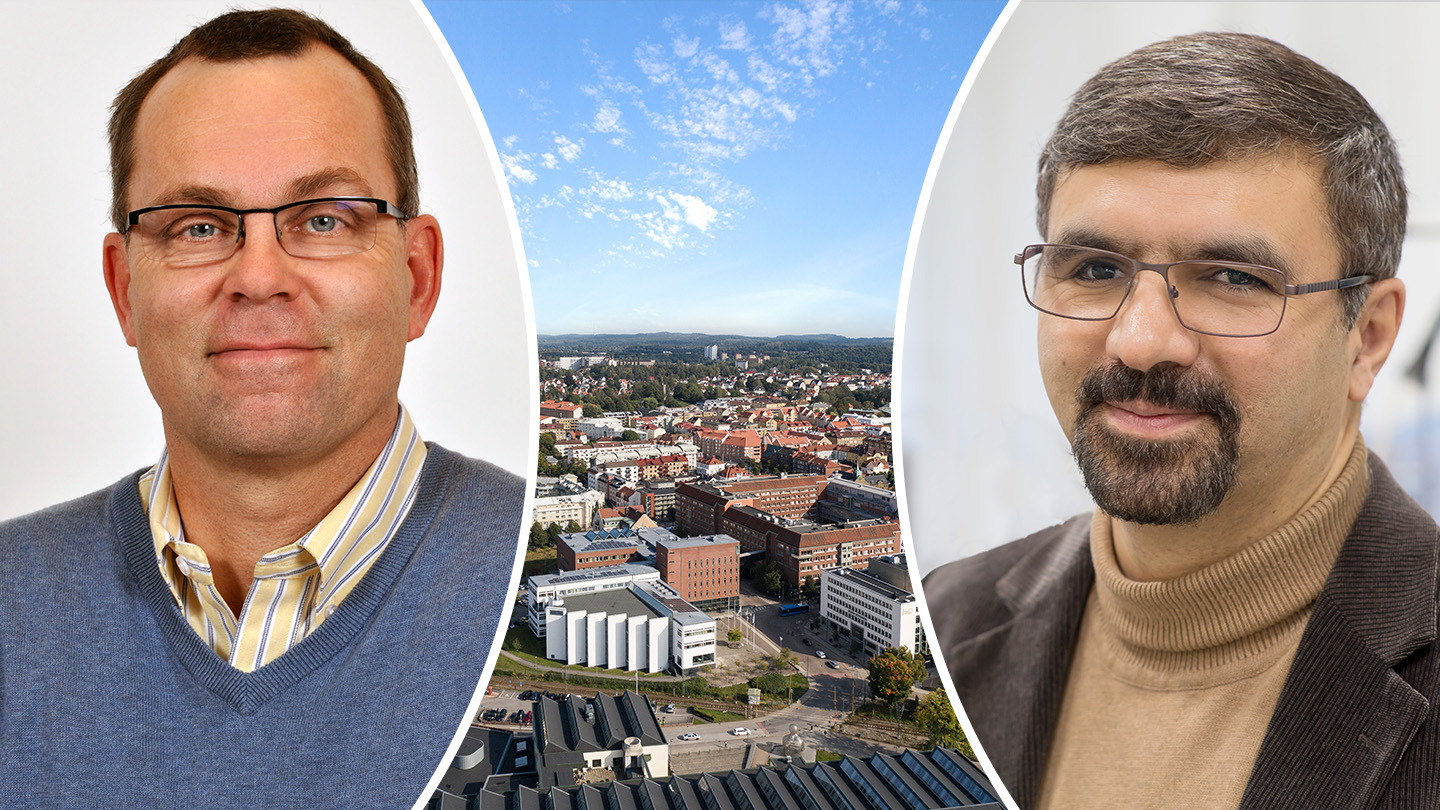"Very high quality" - doctoral education programme in Resource Recovery has been reviewed
2022-07-01

All educational programmes at the University of Borås are reviewed on a six-year cycle, as part of the university’s systematic quality assurance work. In May, the doctoral education programme in Resource Recovery was reviewed. The programme was begun in 2011 and has since graduated more than 30 doctoral students. It is an international environment, as described by the review team*, in which some research groups are world leaders in their field.
Many publications
The assessment shows that the programme is of good quality with both depth and breadth as well as good quality in the various support structures that will facilitate the doctoral students' path to their defence of their doctoral theses. Another measure of quality is the number of scientific publications and citations in high-ranking journals. Here, too, the doctoral programme is considered successful, and the biotechnology specialisation in particular is described as being of "exceptionally good" quality. There are a very large number of citations in top-ranked journals and the doctoral students have published significantly more articles than is the norm.
“There are many factors that have influenced the success of the biotechnology specialisation. We have created a research environment and a good structure within the group, and have also invested heavily in developing and managing both national and international networks and in being visible in various forums. We have also revised the strategies and the research subject several times. We have adapted our research to the needs of society in order to be at the forefront of our field," said Mohammad Taherzadeh, who heads the Biotechnology research group.
Good support from supervisors
The report goes on to describe how the courses are generally of high quality and that doctoral students report a high level of accessibility when it comes to their supervisors. Thus, there are many reasons for those involved with the doctoral education programme to be pleased.
The report also lists areas for development and suggestions for improvement, such as developing collaboration with business and industry. There is an even distribution of men and women among doctoral students, but the representation of female professors could be higher. The review team has also made suggestions for developments in various courses.
In summary, Tomas Wahnström, Director of Studies, says that periodic review is very important for the development of doctoral education programmes.
“The report confirms that the hard work carried out to develop our research activities and doctoral education, including the support structures in the doctoral education programme, has yielded very good results. Some of the areas for development have been identified in the past and we are working on them. We will now start to look at some other areas.
The review team was
- Berit Lindahl (Chair, Professor, University of Borås/Lund University)
- Hanna Kantola (Secretary, Research Education Coordinator at the University of Borås)
- Bengt Andersson (External Expert, Senior Professor, Chalmers)
- Marianne Thomsen (External Expert, Professor, University of Copenhagen)
- Tomas Hjertberg (Profession Representative, Technical Consultant at Borealis)
- Gustaf Nelhans (Senior Lecturer, University of Borås)
- Ingela Hellsten (Representative from Professional Services, University of Borås)
Read more
Read more about the doctoral education programme in Resource Recovery
Read more about the Resource Recovery research area and the Swedish Centre for Resource Recovery
Lina Färm. Translation by Eva Medin
Portrait photos by University of Borås. Drone photo by Mebia.

